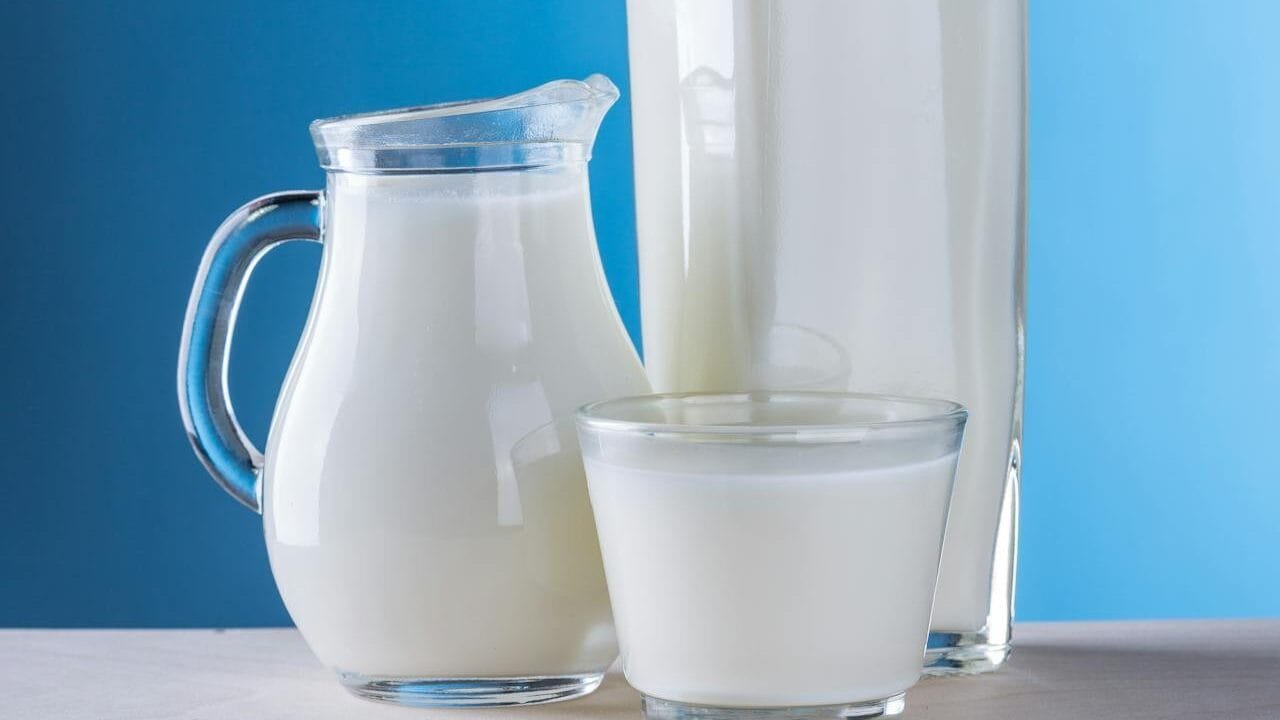9 Foods to Avoid for Better Reproductive Health
Fertility is a delicate balance profoundly impacted by various factors including your diet. While focusing on a well-rounded diet is essential, certain foods might be undermining your efforts to conceive. In this post, we’ll explore some of the most notorious dietary culprits affecting fertility, that often go undetected!
Overview of Fertility and Diet
A nutritious diet isn’t just about staying healthy; it directly influences reproductive health. Nutrients consumed daily can affect hormonal balance, ovulation, and overall reproductive system functionality.
The main hormones disrupted by your diet are estrogen and progesterone. When these hormones are out of sync, conception becomes challenging! In addition to this, what you eat can increase oxidative stress in your body which causes inflammation, another nemesis to your pre-reproductive system .
As a result, understanding how specific foods impact fertility is absolutely crucial if you’re trying to conceive.
Now let’s take a look at the common culprits!
1. Processed Foods
Processed foods are notorious for disrupting hormonal balance, affecting fertility significantly. They often contain high levels of refined sugar, unhealthy fats, and preservatives. Snack cakes, microwave meals, and sugary cereals are common processed foods that could lead to fertility issues due to additives that may alter reproductive hormones. Limit these foods to maintain better hormonal health.

2. Trans Fats
Trans fats, found in fast foods, margarine, and fried snacks, can increase the risk of ovulatory disorders. These unhealthy fats are linked to inflammation and insulin resistance, both detrimental to fertility.1
3. Dairy Products
Some dairy products, particularly those high in fat, may affect fertility. Whole milk, full-fat cheese, and ice cream are loaded with hormones that might interfere with natural hormone production in your body. Limit full-fat dairy to maintain hormonal balance. Explore more about dairy products and fertility.

4. Sugary Foods
Sugary foods contribute to hormone imbalance by causing insulin spikes and inflammation. Candy, soft drinks, and sweetened yogurts or milk contain high levels of sugar that could disrupt ovarian function, male fertility.
For a healthier option, replace sugary snacks with natural sugars found in fruits, or other healthier alternatives such as Manuka honey, and agave nectar.
5. Caffeine
While moderate caffeine consumption is generally considered safe, excessive intake might impair fertility. Common caffeinated sources include coffee, tea, and energy drinks. It’s advisable to limit caffeine intake to maintain reproductive health.
Also, it’s important to add that instant coffee is a huge fertility inhibitor, causing oxidative stress on the body. Therefore, if you are to drink coffee, drink it moderation and use natural coffee beans.

6. Soy Products
Soy carries phytoestrogens, which can mimic human estrogen, possibly affecting hormone levels. Regular consumption of soy products like tofu, soy milk, and edamame could potentially disrupt hormonal balance. If you’re concerned about the fertility impact, ensure you are consuming soy in moderation.
7. High-Mercury Fish
Mercury, prevalent in fish particularly large fish, can harm fetal development and decrease fertility. Avoid high-mercury fish such as swordfish, shark, and king mackerel to prevent possible fertility issues. The larger the fish, the higher the levels of mercury due to bio-accumulation, as these larger fish typically eat smaller fish and accumulate mercury.
The average recommendation for fish consumption is to consumer low mercury fish such as salmon, pilchards, trout, cod, haddock 2 – 3 times a week when not trying to conceive. Therefore it’s best to avoid fish altogether if you’re trying to conceive.
8. Refined Carbohydrates

Refined carbs found in white bread, pasta, pastries, and white rice might lead to insulin resistance, impacting hormonal health. Studies have linked a high intake of these carbs to ovulation problems.2
Try and avoid refined carbohydrates altogether, and opt for whole grains such as brown rice, black rice, quinoa, nuts and seeds to maintain a balanced diet.
9. Alcohol
Alcohol is a frequent culprit in the diets of most people, but little do people know that it can affect your fertility. Alcohol increases free radicals in the body which leads to oxidative stress causing inflammation. This inflammation stops are reproductive system from working properly, therefore impacting fertility. Try to minimize or even better eliminate alcohol consumption altogether for a significant amount of time when trying to get conceiver.
In Summary…
Your dietary choices can significantly influence fertility. While avoiding these foods may support reproductive health, focus on a balanced, nutrient-rich diet for optimal results. Prioritize whole, natural foods to nurture your fertility, and cut out these culprits we’ve listed in this article.
Are you trying to balance your diet for enhanced fertility? Share your thoughts or tips in the comments below! Don’t forget to subscribe for more insights on health and nutrition.
Read more of our latest posts on fertility:
- Seed Cycling: A Natural Approach to Hormonal Balance
- The Best Traditional Chinese Medicine For Fertility
- 11 Ways I Reduced My Period Pain with Natural Remedies
- 9 Surprising Habits Making Your Period Worse
- Boost Your Fertility with Magnesium: What You Need to Know
- Skoracka, K., Ratajczak, A. E., Rychter, A. M., Dobrowolska, A., & Krela-Kaźmierczak, I. (2021). Female Fertility and the Nutritional Approach: The Most Essential Aspects. Advances in Nutrition, 12(6). https://doi.org/10.1093/advances/nmab068 ↩︎
- Skoracka, K., Ratajczak, A. E., Rychter, A. M., Dobrowolska, A., & Krela-Kaźmierczak, I. (2021). Female Fertility and the Nutritional Approach: The Most Essential Aspects. Advances in Nutrition, 12(6). https://doi.org/10.1093/advances/nmab068 ↩︎







